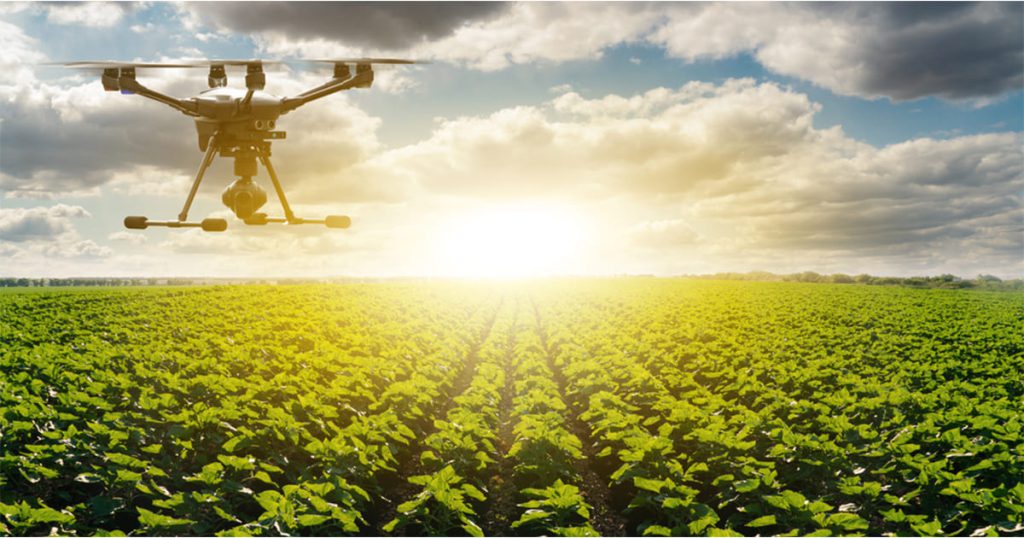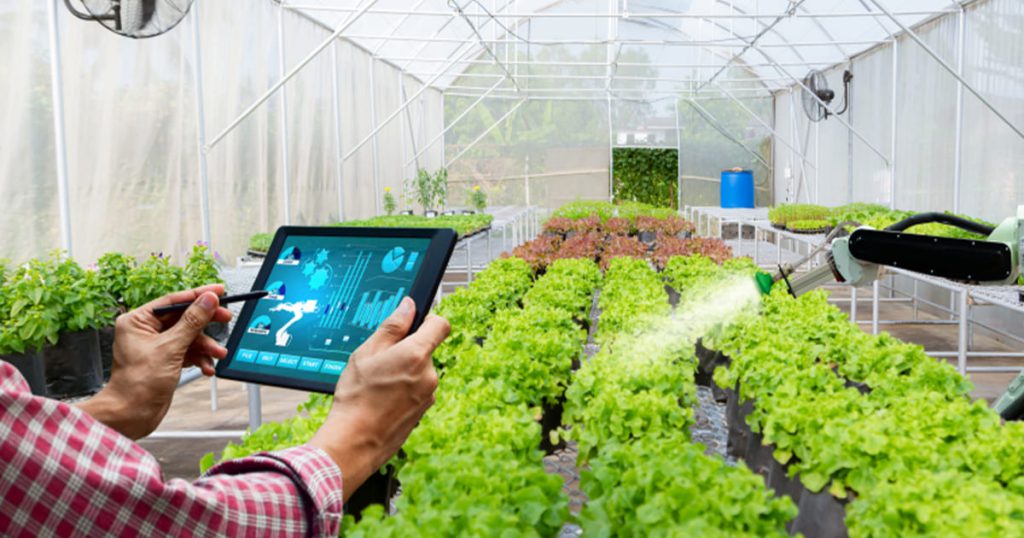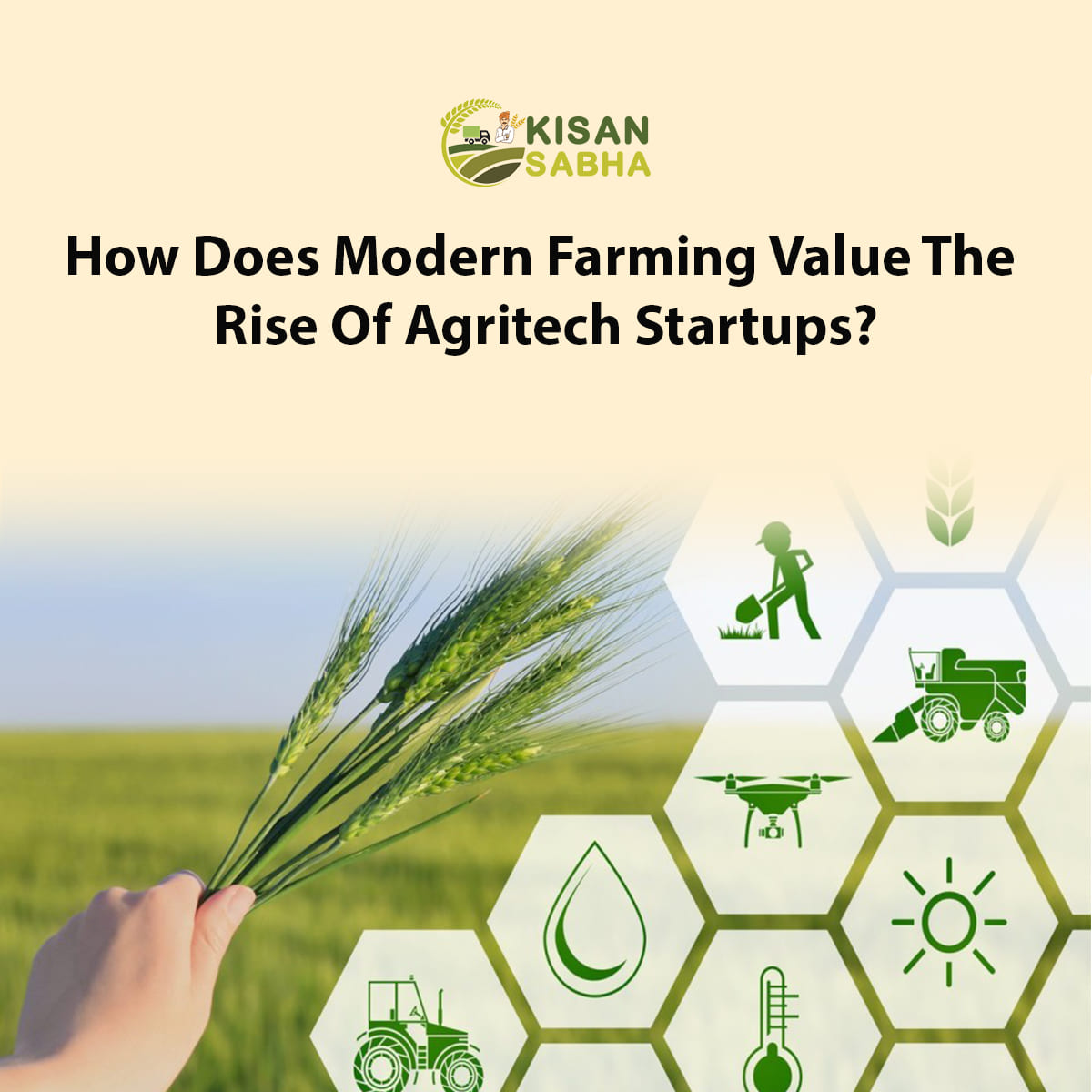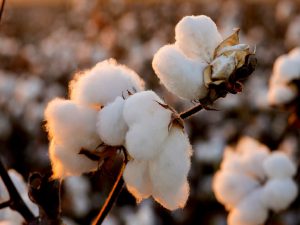Over old age, agriculture is one of the common industries to earn their livelihood. But, it requires some significant changes to excel in crop yields. By 2050, the world population is supposed to hit 9.7 billion. In this condition, there is a definite requirement to boost food production by at least 70 percent. Do not be upset about how to achieve this goal.
But, technological advancement in agriculture is poised to have a major transformation. They are committed to providing sustainable agriculture solutions. Agri startups use their usual practice to enhance production, minimize waste, and improve overall efficiency. So, one should explore the most promising ventures and all possible innovative solutions.
There are enough varieties in modern agriculture. It includes precision farming, vertical farming, and other resembling categories. But, we choose the best one that brings revolution in the agriculture industry and ensures a sustainable future.

Overview of Agritech Startups
In the current scenario, technology is essential to agriculture which drives efficiency, sustainability, and innovations. The emergence of agritech startups encourages us to leave the old practices and adopt modern practices. As we delve into precision farming, it will let you use minimum resources and yield maximum crops. Any crop-related test takes place in the primary stage so that the farmer does not bear any loss. It means that there is sure to be soil testing.
If you are looking forward to sustainable agriculture, then you must use the technology innovation for soil health monitoring. The addition of soil sensors, satellite imagery, and soil mapping ensures how much your crop will offer you a feasible outcome. In addition to this, proactive management practice will enhance productivity and fertility.
Pest and disease control management helps minimize risk and better in production. Bio-pesticide and remote sensing for detection as we stay tuned with agritech startups. If a farmer is not satisfied with detection, then they go ahead with productive analysis. As a result, they have no difficulty in detecting and managing pests and diseases.
Threats lie in Traditional Farming
Traditional farming has many pitfalls rather to technology-specific farming. Technology adaption makes it risk-free if you have great decision power for all its related work. Depending on manual labor is the main challenge that becomes time-consuming, insufficient, and costly.
That’s why farmers’ minds divert toward modern agriculture due to limitations. By the way, farming is resource intensive, with soil degradation, water usage, and overuse of pesticides. Traditional farming does not have a bad impact on the environment but is also harmful to human health.
Climate change worsens this issue as uncertain weather patterns and extreme events will, directly and indirectly, impact crop production. No matter how much effort you make with agritech startups, you do not have confirmation about revenue generation and crop production.
Navigating the complexities related to agriculture is hard to ace while aiming for natural resource perseverance. Therefore, it is imperative to deal with all challenges involved in traditional farming. But, embracing agriculture technology inclines the sustainable future.
Also Read:- How Technology Enhances Sustainable Water Management
What Rise do you find in an Agriculture Startup?
In recent years, there has been a definite surge in agriculture with agritech startups. The technology adoption and innovative solution makes it much better. As a result, farmers do not struggle more for crop yields, reduce environmental impact, and maximize efficiency. For instance, they go ahead with artificial intelligence, the Internet of things, drones, and automation bringing remarkable change in the agriculture industry.
One should set their mind on what suitable technology tends to offer their crop more feasible benefits. Integration of data analytics and predictive farming in agritech startups will let farmers make informed decisions. Apart from this, it encourages resource utilization and enhanced productivity.

Innovation Solutions for Crop Monitoring and Management
If you are looking forward to maximum productivity and sustainability, then you adhere to crop management and monitoring solutions. Agritech startups will bring suitable outcomes to monitor and manage farmers’ crops at any cost.
They have the cutting-edge technologies and tools to make their agriculture practice effective. Having used drones, they are bound to see high-resolution images, and valuable insight on crop management, nutrient value, and used infestation cost.
Once they go through the descriptive details, they make the right decision about what to do or not. On the other hand, precision agriculture with GPS-centric machinery and sensor-based monitoring is crucial for crop management.
While inclined with agritech startups, farmers have to use inputs such as pesticides and fertilizers to scatter them with pinpoint accuracy, minimum environmental impact, and wastage. Furthermore, a real-time data analytics platform permits farmers to monitor their crops as they can. Now, they will make the time adjustment for doing their management-related practices. The combination of integration of technology and data-driven insight will increase your efficiency and resource usage.
AgriTech Application for Livestock Management
No matter how much technology grows, livestock management is not unbeatable yet. Anyway, modern agriculture has given it the revered space. They play an important role in improving your animal’s health and overall well-being. If farmers use sensors and wearable devices, then they collect real-time data based on a diverse range of parameters.
Smart Irrigation and Water Resource Management
Water is one of the important resources in agriculture. So, do not overlook it and use the most optimum irrigation methods. The Agritech Startups do it in such a way that there is no wastage of your used water. Before doing irrigation, farmers check soil moisture, weather patterns, and crop water usage. In short, watering your plant is an adequate amount.
So, an individual delves into smart irrigation to feed water in optimum volume. Depending upon the crop type, there might be different water volumes. Adequate irrigation leads you to reduce investment costs.
Impact of Agritech on Food Security and Sustainability
Implementing Agritech startups in real-time combats food insufficiency. Growing enough food production will empower the supply the massive population needs. The technology integration resolves the climate change-related issues. So, it empowers the confidence to make informed decisions, resource utilization and enhance productivity.
Conclusion
The combination of agriculture and technology is proven in modern farming. This emergence is termed as the innovative agriculture start-up to cater to the food supply of a massive population. In this way, farmers have the privilege to get organic farming and zero use of fertilizers at all. The adequate crop yields do not bring unnecessary food inflation to their end-user.




